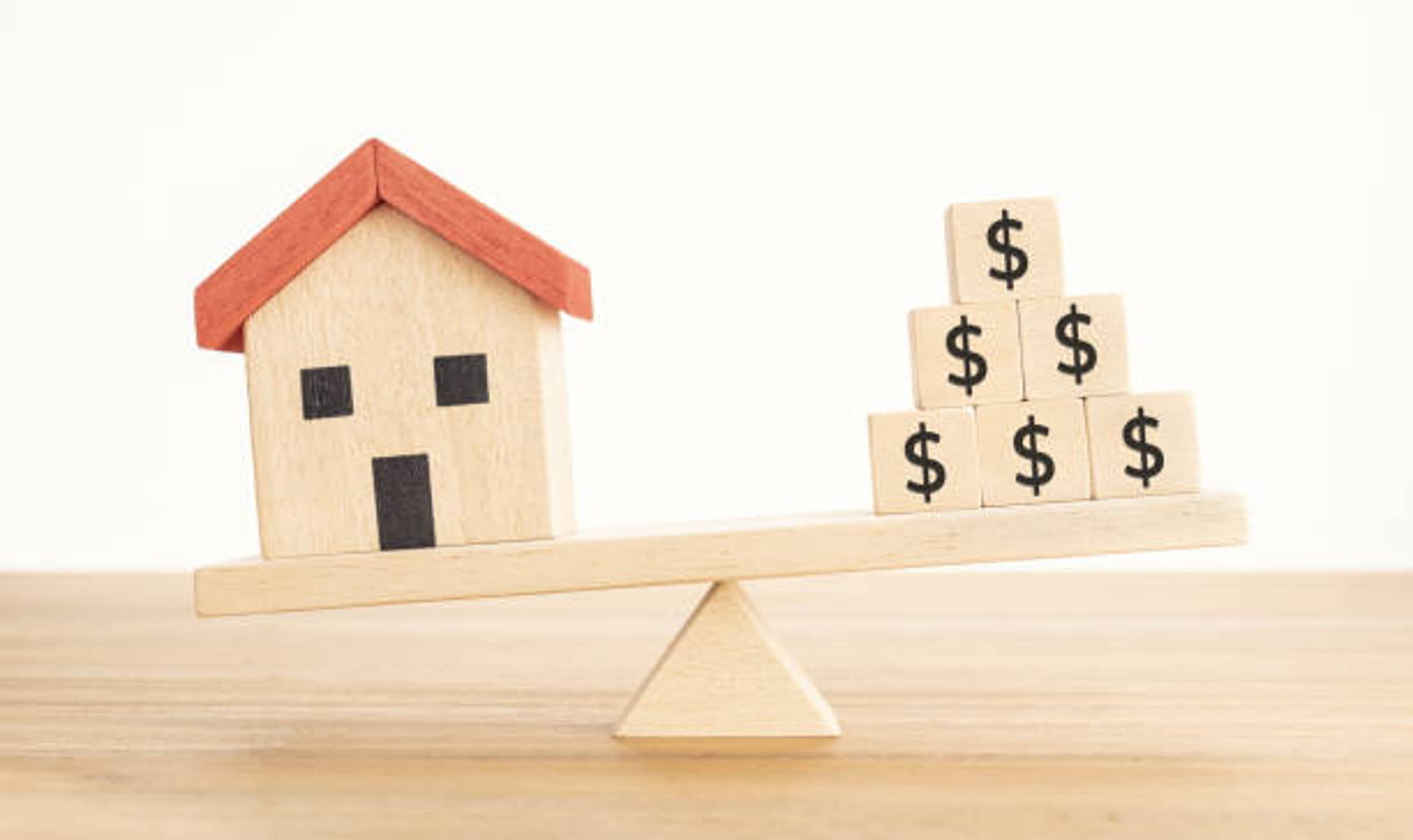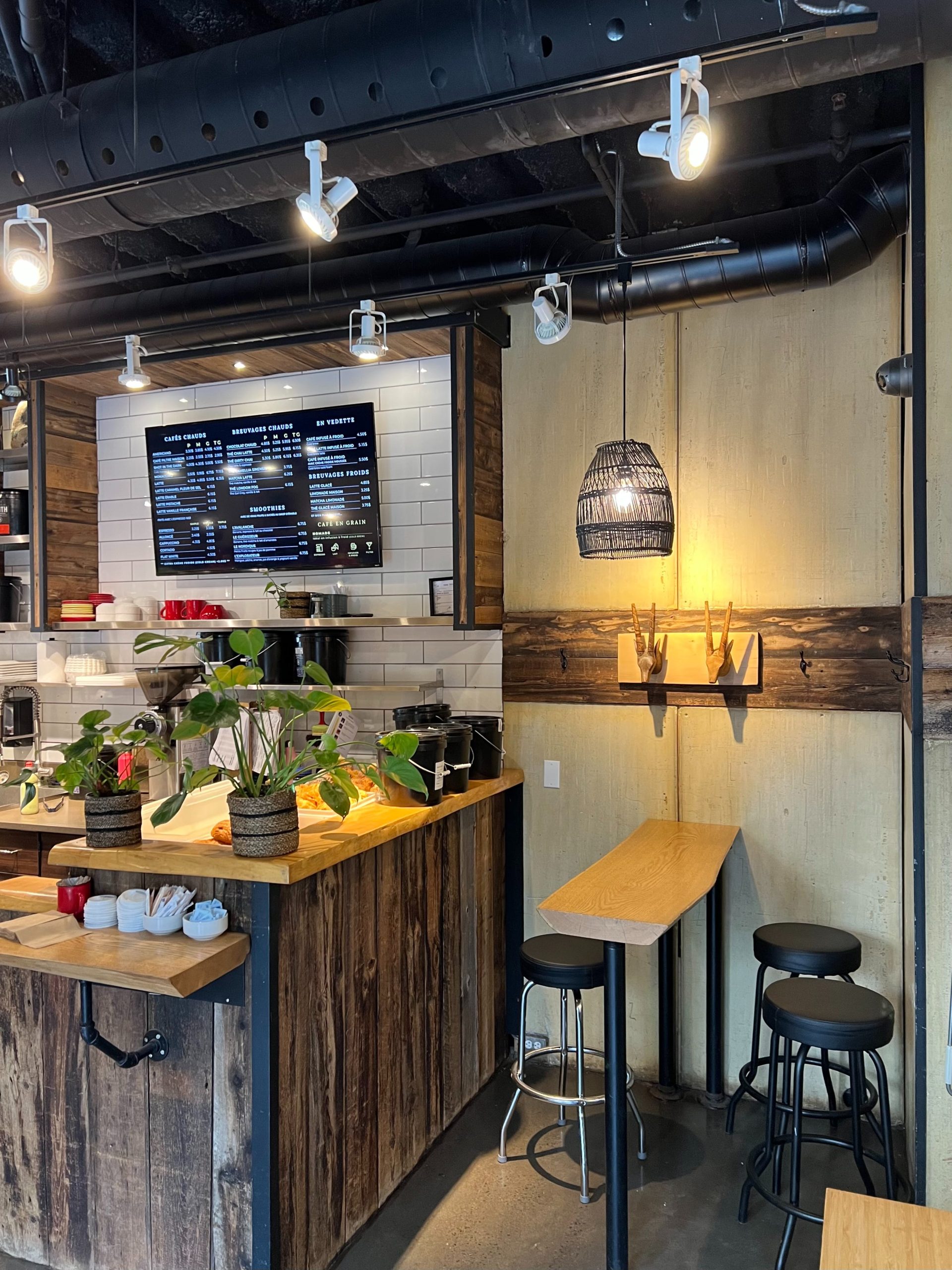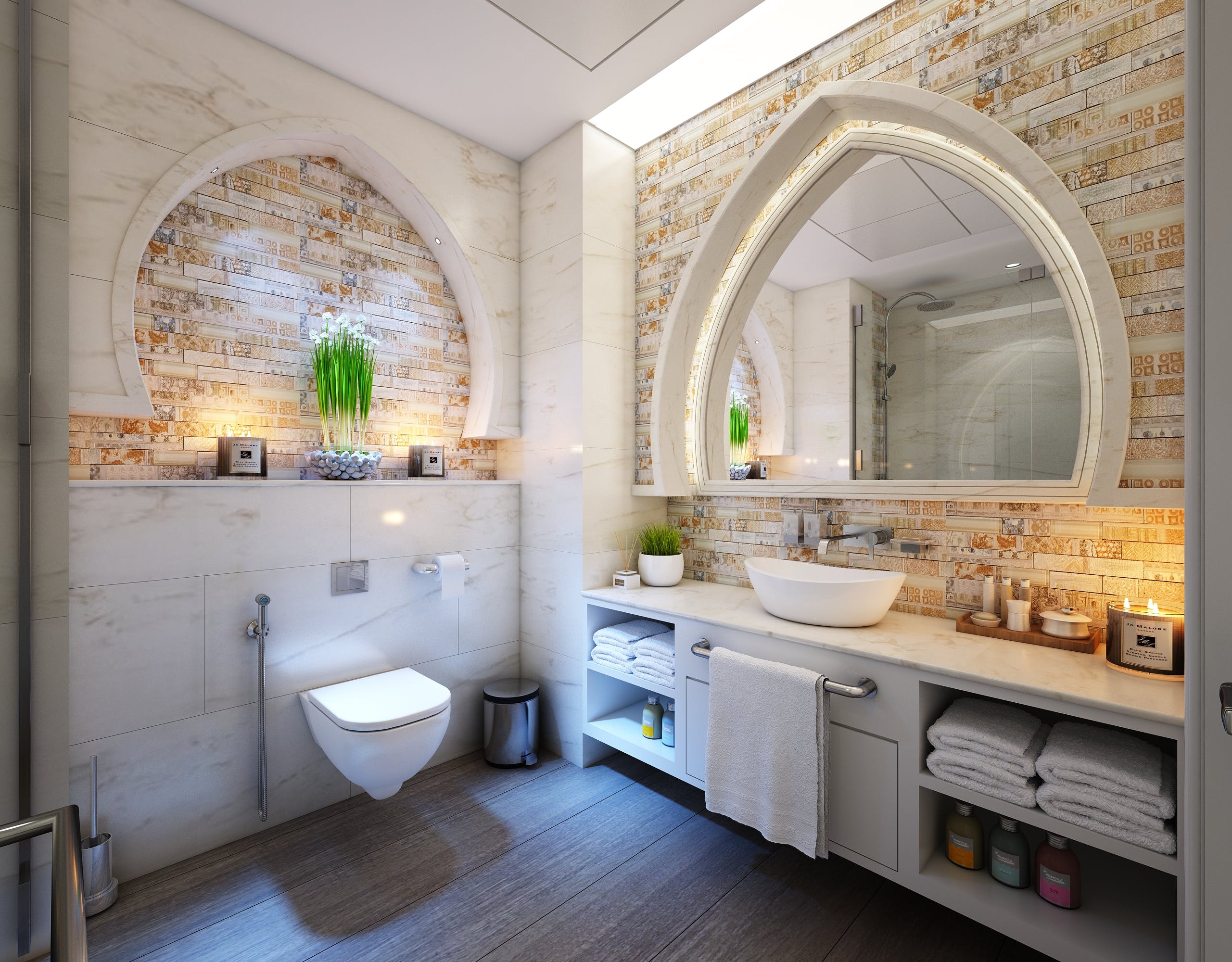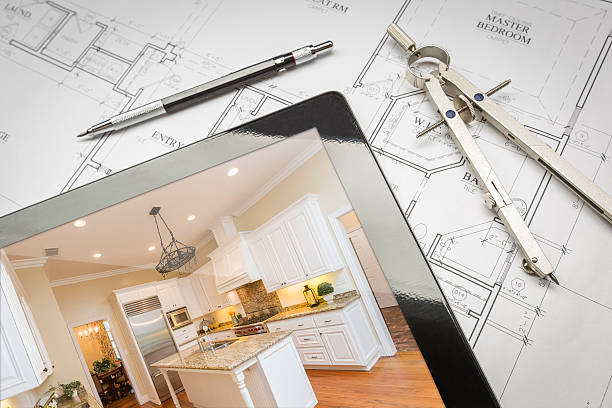Renovating your bathroom is a fantastic way to breathe new life into your home while increasing its value and functionality. Whether you have a small powder room or a spacious master bathroom, there are countless ways to upgrade this essential space. Here are some creative bathroom renovation ideas and bathroom renovation cost to help you get started:
1. Walk-In Shower with Frameless Glass Enclosure: Replace your traditional shower or bathtub with a spacious walk-in shower. Incorporate a frameless glass enclosure to create an open and airy feel. This adds a modern touch and makes the bathroom appear larger. Consider adding a built-in bench or niche for added convenience.
2. Double Vanity with Floating Cabinets: Upgrade your bathroom’s functionality by installing a double vanity. Floating cabinets look sleek and contemporary and provide additional storage space. Choose durable, easy-to-maintain countertop materials like quartz or granite. This setup is especially beneficial for shared bathrooms.
3. Freestanding Bathtub: For a touch of luxury and elegance, consider installing a freestanding bathtub as the focal point of your bathroom. Options range from classic clawfoot tubs to modern, sculptural designs. Pair it with a stylish floor-mounted tub filler for a spa-like atmosphere.
4. High-End Fixtures and Faucets: Elevate the look and functionality of your bathroom with high-quality fixtures and faucets. Opt for fixtures in finishes like brushed nickel, matte black, or polished chrome for a contemporary look. Consider touchless taps for added hygiene and convenience.
5. Smart Bathroom Technology: Incorporate smart technology to enhance your bathroom experience. Install a smart mirror with built-in lighting and Bluetooth speakers. You can also add a programmable thermostat for heated floors, a smart toilet with bidet functionality, or a voice-activated lighting system for a futuristic touch.
These five-bathroom renovation ideas offer a mix of style, functionality, and modern technology to help you create a space that meets your practical needs and provides a luxurious and aesthetically pleasing environment. Remember to carefully plan your renovation, set a budget, and hire experienced professionals if necessary, to ensure a successful project.
How much does it cost to renovate a bathroom?
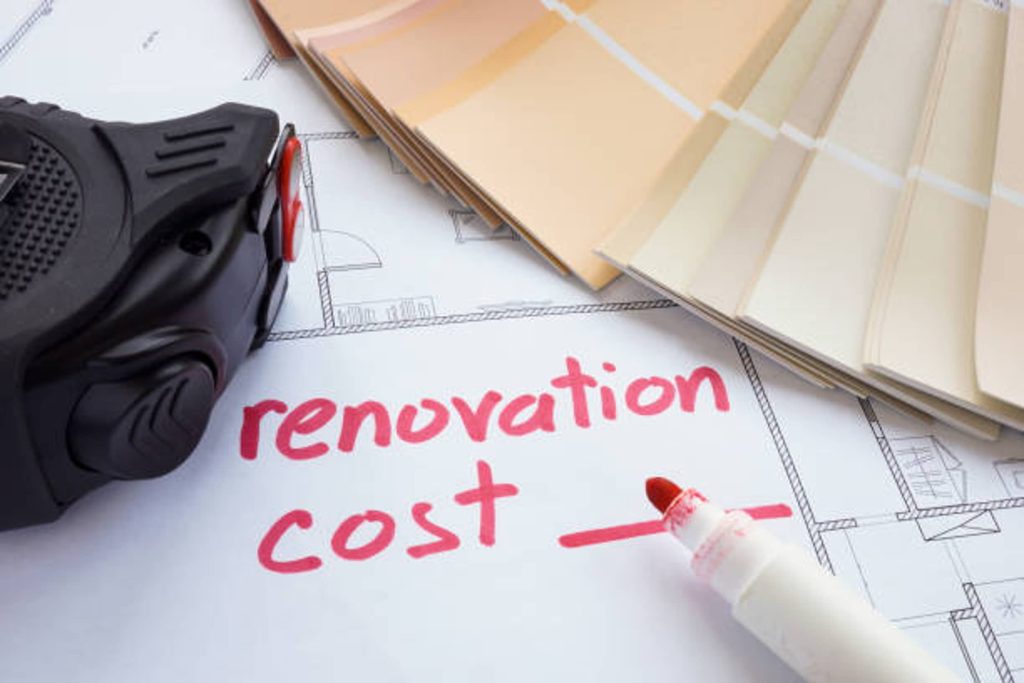
The cost of renovating a bathroom can vary widely depending on several factors, including the scope of the renovation, the materials used, your location, and whether you plan to do the work yourself or hire professionals. Here’s a breakdown of the different aspects that can impact the cost of a bathroom renovation:
1. Size and Scope: The size of your bathroom and the extent of the renovation play a significant role in determining the bathroom renovations cost. A minor cosmetic update, such as painting, changing fixtures, and replacing a vanity, will be less expensive than a complete gut renovation that involves moving plumbing, electrical work, and reconfiguring the layout.
2. Materials and Fixtures: The choice of materials and fixtures greatly affects the cost. High-end finishes like marble, quartz, or custom cabinetry will be more expensive than standard options. Similarly, premium fixtures, faucets, and showerheads can increase costs. Be sure to choose materials and fixtures that align with your budget.
3. Labor Costs: Labor costs can vary based on your location and the project’s complexity. Hiring professionals such as plumbers, electricians, carpenters, and tilers will add to the overall cost. DIY renovations can save on labor costs but require significant time and skill.
4. Plumbing and Electrical Work: If your renovation involves relocating plumbing or electrical work, the cost can significantly increase. Moving fixtures like toilets, sinks, or showers to new locations often require more extensive labor and may necessitate changes to the existing plumbing and electrical systems.
5. Permits and Inspections: You may need permits and inspections depending on your location and the renovation scope. These can add to the cost, as you’ll need to pay for permits and hire professionals to ensure compliance with local building codes.
6. Accessibility and Special Features: Features like adding accessibility features for aging in place, steam showers, or high-tech amenities can substantially increase the bathroom renovation cost. These features often require specialized products and installations.
7. Unforeseen Issues: During the renovation, unexpected issues may arise, such as water damage, mold remediation, or structural problems. It’s essential to budget for contingencies to cover these unforeseen expenses.
As a rough estimate, basic bathrooms renovations with modest materials and fixtures may cost between $5,000 and $15,000. A mid-range renovation with higher-end finishes and fixtures could range from $15,000 to $30,000. The cost of a high-end bathroom renovation with luxury materials and features could exceed $50,000 or more.
To get an accurate cost estimate for your specific bathroom renovation, it’s best to consult with contractors or professionals in your area. They can provide you with a detailed quote based on your preferences and the unique aspects of your project. Additionally, having a clear budget and plan before starting the renovation can help you manage bathroom renovation costs and avoid unexpected expenses.
How long does it take to renovate a bathroom?
The duration of a bathroom renovation project can vary significantly based on several factors, including the scope of the renovation, the complexity of the work, and whether you’re doing a full gut renovation or just making cosmetic changes. A cost to renovate bathroom can take anywhere from a few days to several weeks. Here’s a breakdown of the timeframes involved in a typical bathroom renovation:
1. Planning and Design (1-2 Weeks): Before any physical work begins, you’ll plan and design your new bathroom. This includes finalizing your design, selecting materials, fixtures, and finishes, obtaining permits (if necessary), and creating a detailed project timeline. The planning phase can take one to two weeks or longer, depending on the complexity of your project.
2. Demolition (1-2 Days): The demolition phase involves removing the existing fixtures, tiles, and any structures that are being replaced. In most cases, this process takes one to two days. However, if there are unforeseen issues, such as hidden water damage, it may take longer.
3. Rough-In Work (2-3 Days): During this phase, plumbers and electricians will install or relocate plumbing and electrical lines as needed. This is also the time to address any structural changes or repairs. The duration of the rough-in work can vary based on the project’s complexity.
4. Drywall and Subfloor Installation (2-3 Days): Once the rough-in work is complete, the next step is installing drywall, subflooring, and any necessary framing. This typically takes a few days, allowing time for drying and inspections.
5. Tile Installation (1-2 Weeks): Tile installation can be one of the most time-consuming aspects of a bathroom renovation. The timeline depends on the bathroom size, the tile pattern’s complexity, and the type of tiles used. Allow one to two weeks for tile installation, including time for grouting and curing.
6. Fixture and Cabinet Installation (1-3 Days): Installing fixtures like toilets, sinks, faucets, and cabinets usually takes a few days. High-quality fixtures may require more time for precise installation.
7. Painting and Finishing (2-3 Days): Painting and applying finishes, such as sealants or clear coats, can take a few days. Multiple coats may be required, along with drying time between coats.
8. Final Inspections and Touch-Ups (1-2 Days): Before declaring the project complete, you’ll need to schedule final inspections if local building codes require. Any necessary touch-ups or adjustments will be made during this phase.
9. Cleanup and Reassembly (1-2 Days): After final inspections and approvals, the bathroom is cleaned, and any fixtures or accessories are reassembled. This includes adding mirrors, towel bars, and other finishing touches.
A straightforward bathroom renovation with minimal structural changes and standard finishes may take around two to three weeks. More extensive renovations, such as complex tilework, custom cabinetry, or significant layout changes, can take four to six weeks or longer.
It’s essential to work closely with your contractor or renovation team to establish a realistic timeline for your specific project. Proper planning and communication can ensure that your bathroom renovation is completed efficiently and to your satisfaction.
How much to renovate a small bathroom?
The cost of renovating a small bathroom can vary widely depending on the project’s scope, the materials chosen, and your location. As a general guideline, basic small bathroom renovations, which includes minor cosmetic updates like replacing fixtures, tiles, and paint, can range from $3,000 to $7,000. If you plan to make more significant changes, such as reconfiguring the layout, upgrading to higher-end materials, or adding custom features, the cost can increase to $10,000 or more. It’s crucial to create a budget that aligns with your goals and priorities for the renovation bathroom and to obtain quotes from contractors or professionals to get a more accurate estimate based on your specific needs and preferences.
Do I need a permit to renovate my bathroom?
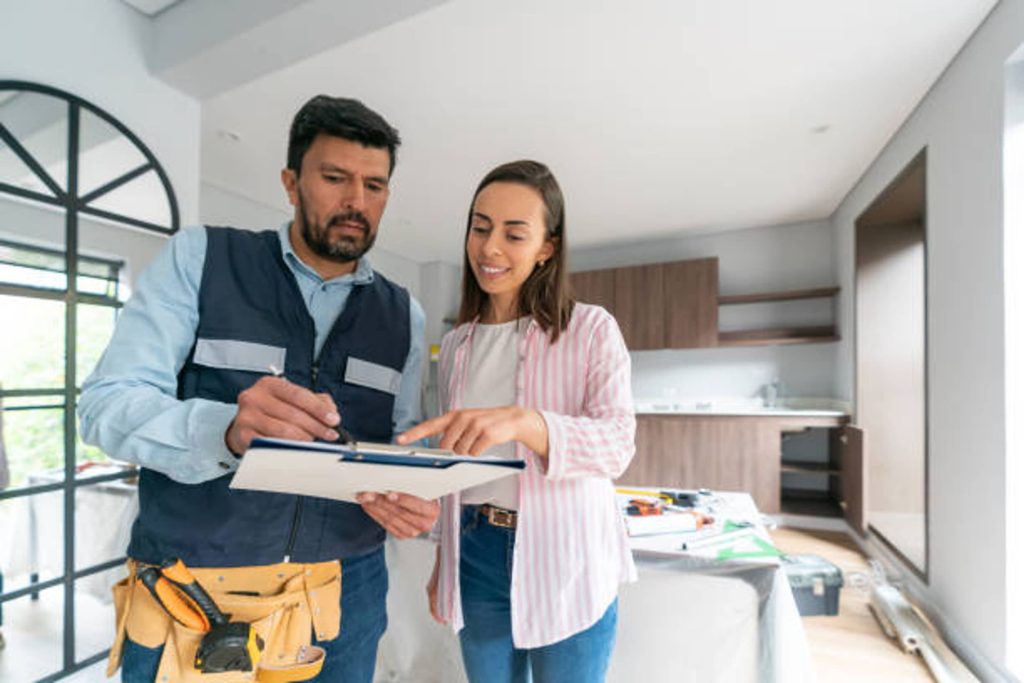
Whether you need a permit to renovate your bathroom depends on several factors, including the scope of your renovation, your location, and local building codes and regulations. Minor cosmetic updates like painting, changing fixtures, or replacing tiles may not require a permit. However, more extensive bathroom renovations involving structural changes, plumbing or electrical work, or changes to the overall layout typically require permits. Here are some key considerations:
1. Structural Changes: If you plan to make structural alterations to your bathroom, such as removing or adding walls, changing the location of doors or windows, or altering the load-bearing structure, you will likely need a permit. Structural changes can impact the safety and stability of your home, making them subject to regulation.
2. Plumbing and Electrical Work: Any modifications to plumbing or electrical systems, including moving fixtures like sinks, toilets, or showers, usually require permits. This ensures that the work is done safely and up to code.
3. Change in Layout: If you intend to change the layout of your bathroom significantly, such as moving the toilet, shower, or sink to a different location within the room, permits are typically necessary to ensure that the new layout complies with building codes and regulations.
4. Local Regulations: Building codes and permit requirements vary by location, so checking with your local building department or permitting office is essential. They can provide specific information on whether your planned bathroom renovation requires permits and the application process.
5. Contractor Responsibility: If you hire a licensed contractor for your bathroom renovation, they should know local permitting requirements and can help you obtain the necessary permits. Be sure to discuss this with your contractor during the planning phase.
6. Consequences of Skipping Permits: Renovating without the required permits can have serious consequences. It may result in fines, forced removal of the work, or complications when selling your home in the future if the renovations are not up to code.
To determine whether you need a permit for your bathroom renovation, it’s advisable to contact your local building or permitting authority early in the planning process. They can guide your project’s specific requirements, including the necessary permits, inspections, and fees. Complying with local regulations not only ensures your safety but also helps protect the long-term value of your property.
How much does a bathroom renovation increase home value?
A bathroom renovation can be a valuable investment in your home, potentially increasing its overall value. However, the extent to which it boosts your home’s value can vary based on several factors, including the quality of the renovation, the local real estate market, and the specific features and upgrades you’ve implemented. Here are some considerations:
1. Quality of the Renovation: The quality of your bathroom renovation plays a significant role in determining its impact on your home’s value. A well-executed renovation that includes high-quality materials, fixtures, and craftsmanship is more likely to increase your home’s value than a budget-friendly cosmetic update.
2. Local Real Estate Market: The state of your local real estate market can affect the return on your bathroom renovation investment. In a hot seller’s market with high demand, well-done renovations are more likely to yield a higher return on investment (ROI). In a buyer’s market, the ROI may be lower.
3. Scope of the Renovation: The extent of your bathroom renovation matters. A minor renovation focused on cosmetic improvements like new paint, fixtures, and tiles may provide a smaller ROI than a major renovation that includes structural changes, upgraded plumbing and electrical systems, and luxury features.
4. Comparable Homes: The value of your renovated bathroom is also influenced by the comparables in your neighborhood. If other homes in your area have modern, updated bathrooms, a renovation may be necessary to remain competitive when selling your home.
5. Energy Efficiency and Sustainability: Incorporating energy-efficient fixtures and sustainable materials into your bathroom renovation can add value, as buyers are increasingly looking for homes with reduced environmental impact and lower utility costs.
6. Return on Investment (ROI): The average ROI for a bathroom renovation can vary but typically falls in the range of 70% to 80%. This means that for every dollar you invest in the renovation, you can expect to recoup around 70% to 80% of that amount when you sell your home. However, this is a rough estimate, and the actual ROI can differ based on the abovementioned factors.
7. Curb Appeal: A beautifully renovated bathroom can enhance the overall appeal of your home. Buyers often prioritize bathrooms, and a well-done renovation can contribute to the overall desirability of your property.
8. Appraisal Value: The appraised value of your home after a bathroom renovation can be influenced by various factors. Appraisers consider the condition and functionality of the bathroom, the materials used, and how well it aligns with the rest of the home.
In summary, a bathroom renovation can increase your home’s value, but the impact can vary based on factors specific to your situation. It’s essential to balance improving your home’s functionality and aesthetics while considering the local market and the renovation cost. Consulting with a real estate professional or appraiser can provide you with a better understanding of how your bathroom renovation may affect your home’s value in your particular market.

